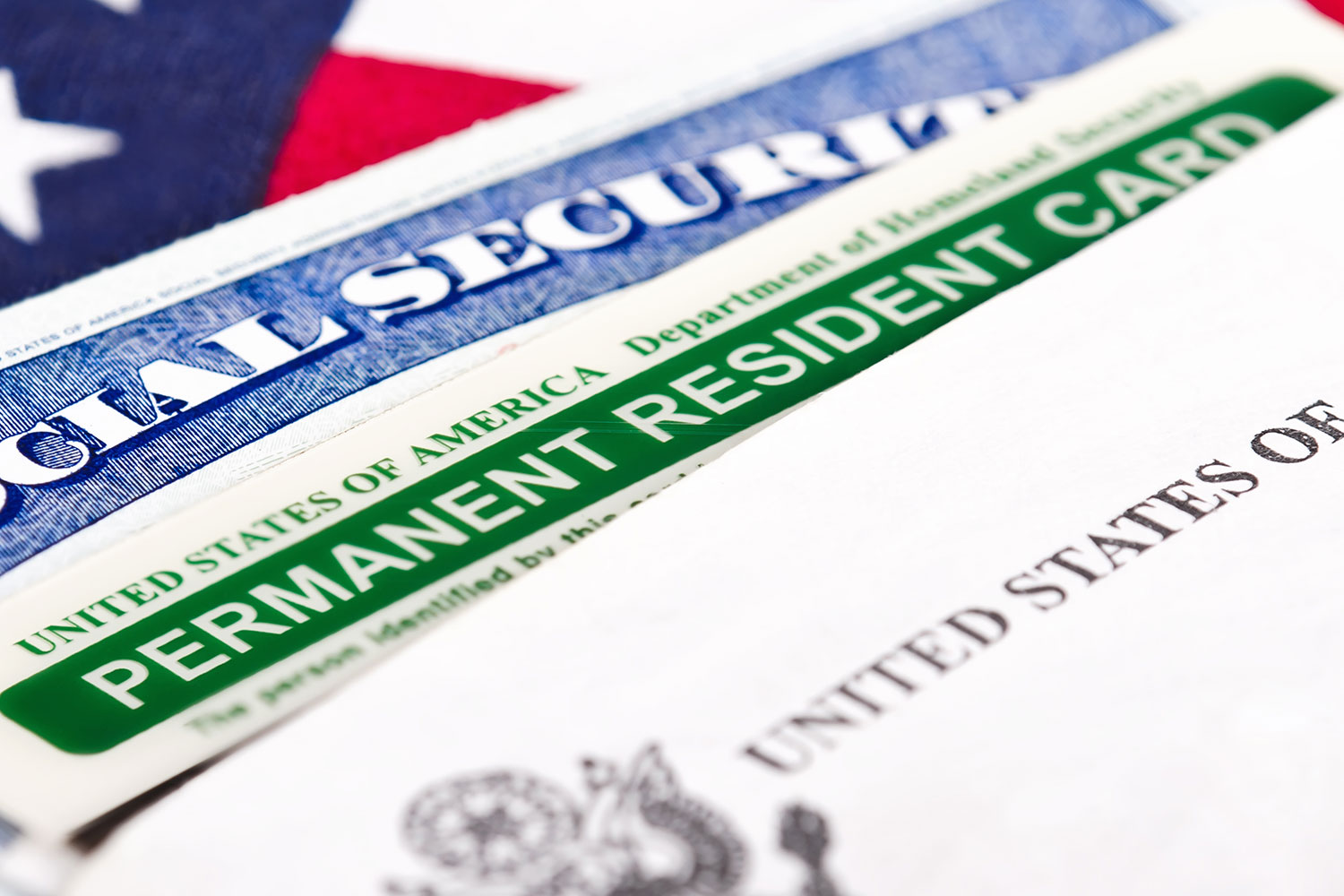Kerby Anderson
Last month the Supreme Court allowed the Trump administration to enforce a rule concerning foreign nationals. A separate opinion raised important questions about how one federal judge can stop the government by merely ordering an injunction.
The new rule would deny green cards to foreign nationals who use taxpayers-funded social services. As you might imagine, the decision was controversial as evidenced by the fact that it fell along typical 5-4 liberal-conservative lines.
The Immigration and Nationality Act dictates that foreign nationals should not receive green cards if they are likely “to become a public charge.” The administration attempted to more accurately define “public charge” to include such things as food stamps, housing benefits, and Medicaid. And the rule does not apply to migrants who are refugees or asylum-seekers.
What if you disagree with that rule? That brings me to the other equally important aspect of the Supreme Court ruling. If you disagree with the rule, then you have an opportunity to change that rule in the next election. The next president and the next Congress can address that issue as the debate on immigration rules takes place.
I would argue that unelected judges should not decide the fate of this rule or any other rule or regulation involving immigration or a myriad of other political issues. Of course, that is actually what is happening. After the administration promulgated the rule in August, a district court judge ruled against it and issued an injunction. Then the circuit court of appeals affirmed that decision.
Supreme Court Justice Neil Gorsuch, in a separate opinion, expressed his concern that the rise of nationwide injunctions is forcing “judges into making rushed, high-stakes low-information decisions.” This is the wrong way to decide important issues in America.
 Listen Online
Listen Online Watch Online
Watch Online Find a Station in Your Area
Find a Station in Your Area










 Listen Now
Listen Now Watch Online
Watch Online
